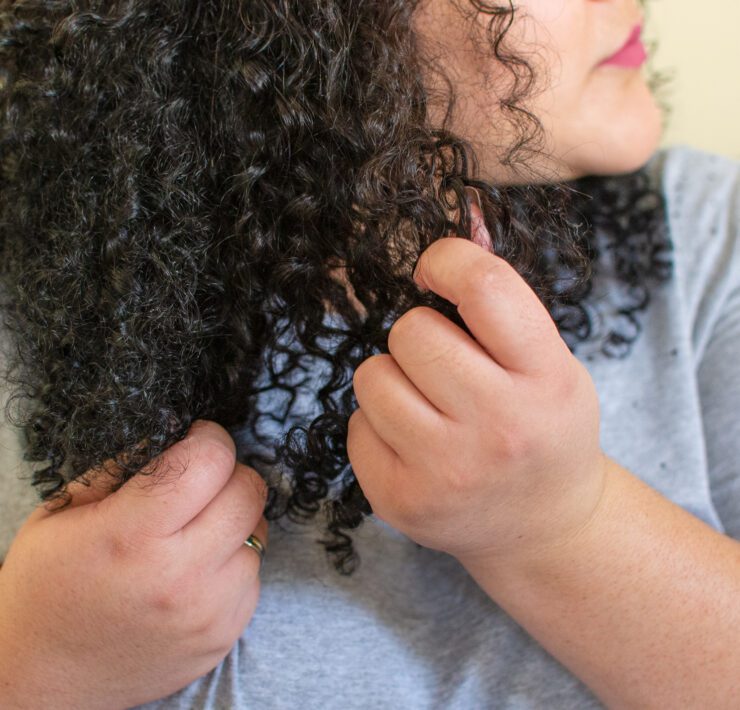
Psoriasis is a non-contagious chronic disorder that affects the skin and joints. Scalp psoriasis is quite common. At least half of the people who have psoriasis have it on their scalp. As with psoriasis elsewhere on the body, skin cells grow too quickly on the scalp and lead to red lesions covered with scales. Scalp psoriasis can be mild with fine scaling. It can also be severe, with thick crusts covering the entire scalp, which will usually cause hair loss. Although the underlying reasons for psoriasis are unknown, it is believed to have a genetic component. The affected keratinocytes cause the typical symptoms of the disease: well-demarcated inflamed lesions covered with a silvery-white scale, covering variable areas of the body surface and scalp. Several factors are known to aggravate psoriases, such as stress, alcohol abuse, and smoking. Psoriasis can cause depression and loss of self-esteem. These all affect the quality of life for those suffering from this disease. There are many treatments, but due to its chronic nature, psoriasis is a challenge to treat.
Topical treatments for treating scalp psoriasis include shampoos, lotions, gels, foams, creams, and ointments with active ingredients like steroids, salicylic acid, vitamin D, or A analogs, coal tar-based compounds, or anthralin. Phototherapy (or UV/Laser) may be combined with such topical treatments. Systemic therapies may include methotrexate, apremilast, etanercept, adalimumab, Infliximab, and acitretin.
Please discuss possible treatments with a medical professional.
Scientific Resources We Found Useful:
1. Leon, Argentina, et al., “Itching for an Answer: A Review of Potential Mechanisms of Scalp Itch in Psoriasis,” Experimental dermatology 28.12 (2019): 1397-1404.
2. Alsenaid, Adel, et al., “Biologics and small molecules in patients with scalp psoriasis: a systematic review,” Journal of Dermatological Treatment (2020): 1-10.
3. Salam, A., S. Aryiku, and O. E. Dadzie, “Hair and scalp disorders in women of African descent: an overview,” British Journal of Dermatology 169 (2013): 19-32.






